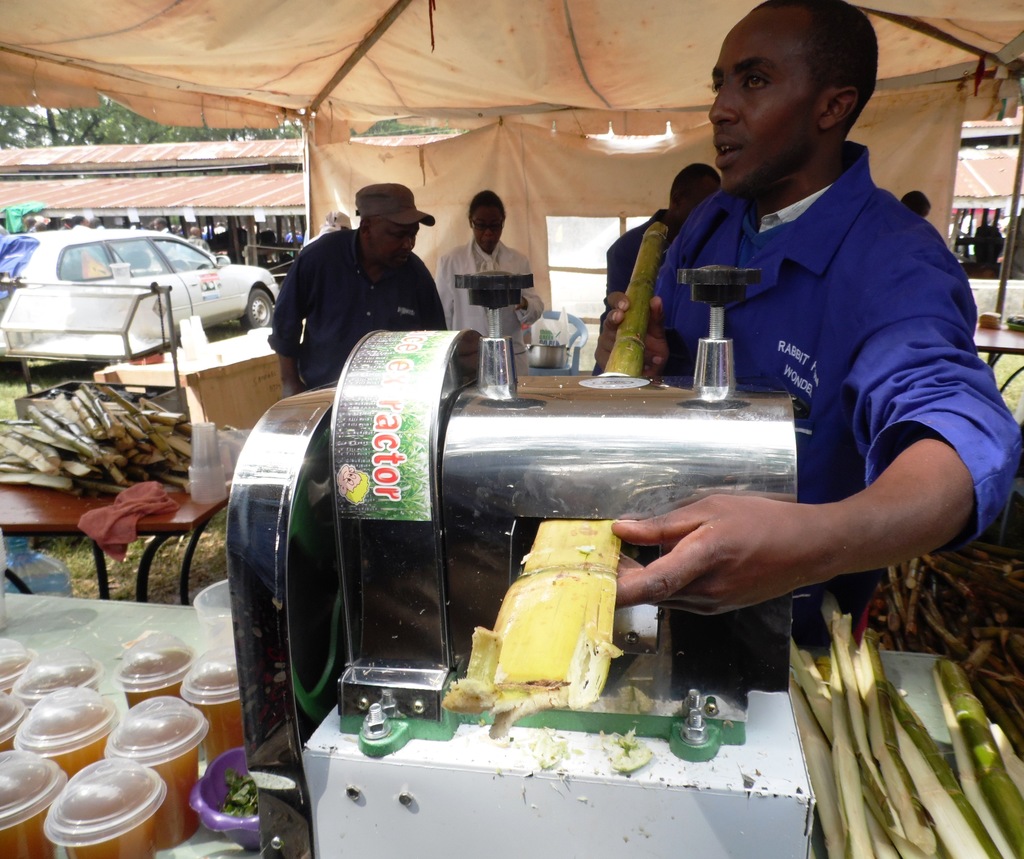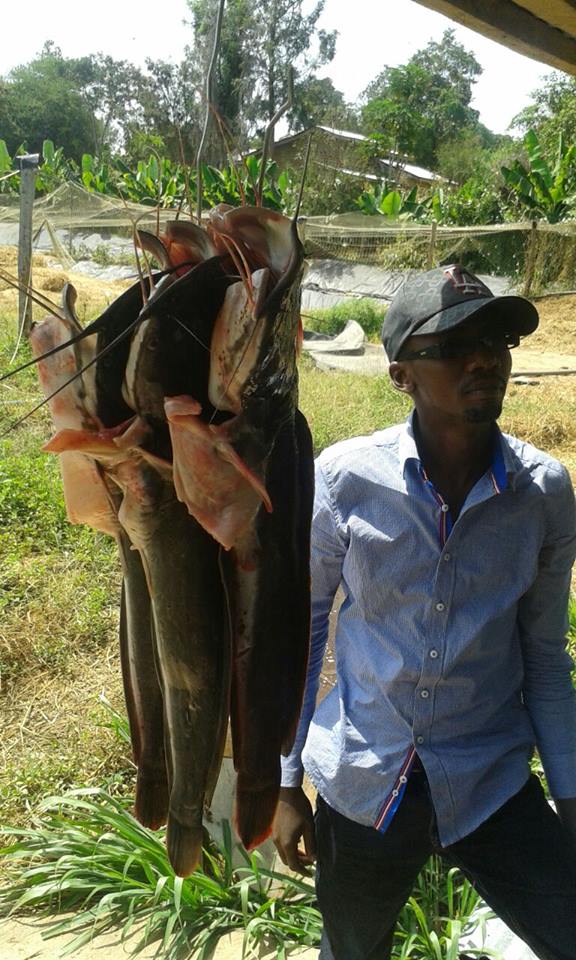
Kenyan farmers can cut down on the cost of buying feeds for their animals by 50 per cent by making their own feeds at the farm level.
The Ministry of Agriculture reports that the cost of producing one liter of milk in Kenya is Sh20 to Sh25 compared to Sh10 in Tanzania and Uganda due to inadequate availability of raw materials such as maize, wheat, sunflower cake and cotton seed cake.
According to the 2018 Economic Survey Report, expenditure on farm inputs increased by 14 per cent from Sh58bn in 2016 to Sh66.1bn in 2017, in this, purchases of seeds and manufactured feeds increased by 23.9 per cent and 10.3 per cent, respectively in 2017.
In East Africa, Kenya has the highest prices of fuel (petrol and diesel) compared to Tanzania and Uganda due to the introduction of the eight per cent valued added tax on petroleum products in September this year. Fuel costs therefore increases the cost of producing animal feeds by 60 per cent according to the ministry of agriculture.
In Kenya for instance, a liter of petrol retails at Sh118 compared to Sh110 in Uganda and Sh105 in Tanzania.
Timothy Mwai, an animal scientist who has specialized in animal nutrition and feed formulations is training farmers to make their own feeds with the main aim of cutting the cost of production as well as providing quality concentrates for their animals.
“Cost of feeds in Kenya is high, as per farmers, and making feeds at farm level helps reduce the cost of feeding. The quality of feeds keeps on changing and most farmers always want to get high quality animal feeds at all times for their animals,” said Mwai.
Mwai is a graduate of Maseno University with a degree in animal science year obtained in 2016. He has since worked as a livestock supervisor at a farm, as a production supervisor and as well as a production manager.
Related content
Varsity scientists researching on insect based poultry feeds to curb rising production costs
Casual worker quits job to establish thriving dairy feeds business
Lupin seeds mixed with maize offers cheaper dairy feeds and increases milk yields
“Since my time at University I have been doing feed formulations for farmers before rising to doing feed formulations commercially for feed making companies. Through interaction with other players in the same field I have perfected my formulation skills hence providing high quality animal feeds and mineral salts formulas,” said Mwai. I
“I have links with raw material suppliers in Kenya and Uganda who offer raw materials. I apply the principle of least cost formulation i.e. making high quality animal feeds with the least cost.
His charges for feed formulas range from Sh3,000 to Sh10,000, trainings range from Sh5,000 to Sh20,000 while leads to raw material suppliers is free.
Mwai normally takes sample feeds to the lab for analysis for quality control tests.
The quantity of milk delivered to dairy processors recorded a significant drop of 17.4 per cent from 648.2m liters in 2016 to 535.7m liters in 2017 according to the 2018 economic survey report.
In this, the quantity of processed milk and cream from processing plants decreased by 8.5 per cent and that of butter and ghee declined by 22 per cent. Production of cheese however, increased from 311.2 tonnes in 2016 to 338.3 tonnes in 2017.
Timothy Mwai can be contacted on +254 704 524 928
Write comment (0 Comments)
















